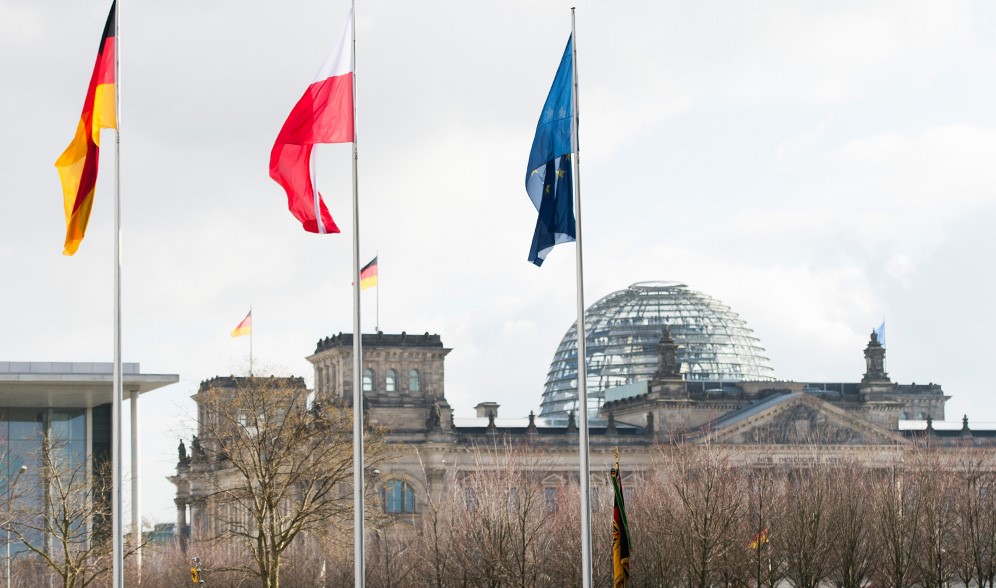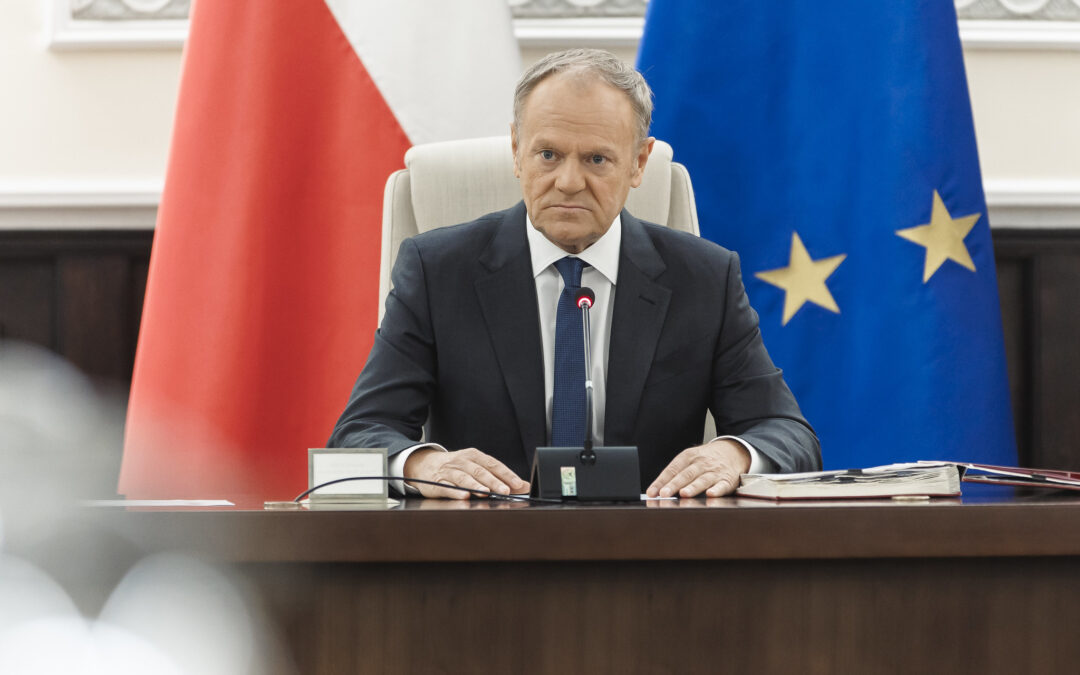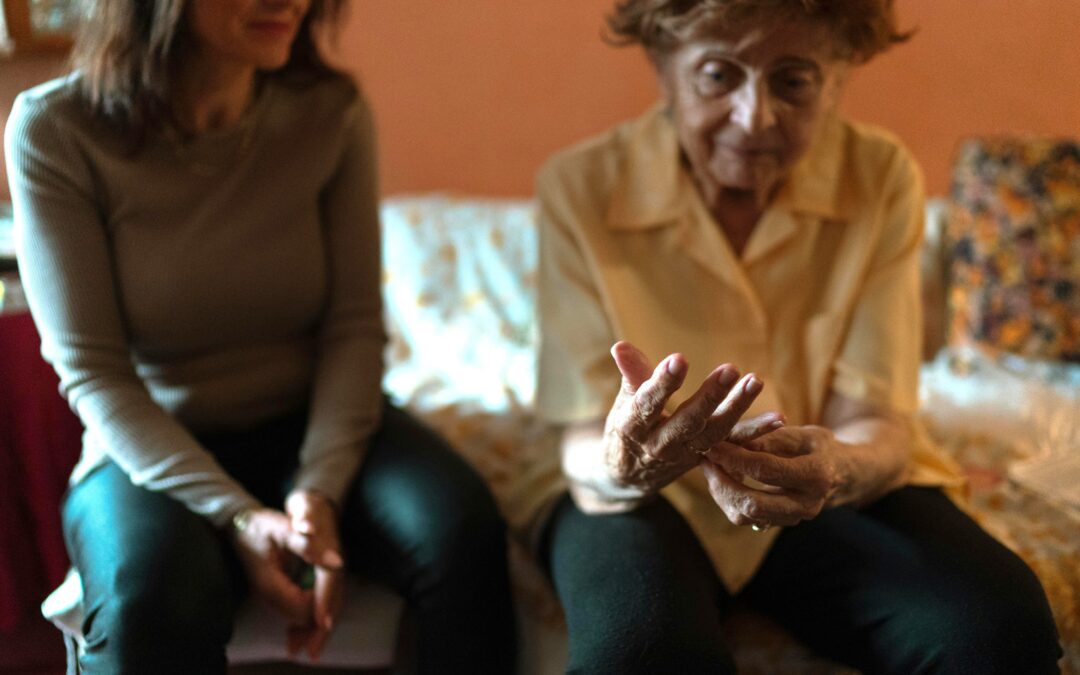Germany’s parliament, the Bundestag, has adopted a federal budget which, for the first time, includes funding for teaching the Polish language. The decision comes after Poland’s government criticised Germany over the issue and cut funding for teaching its own German minority.
Under the new budget, €5 million will be allocated for teaching Polish between 2023 and 2025 – €1 million in 2023 and €2 million each in 2024 and 2025, reports Deutsche Welle.
Previously, the money for teaching Polish in Germany came only from the budgets of the country’s individual states and not from the federal budget, who jointly spent around €200 million per year. According to the German authorities, the new funds will complement existing spending.
Bundestag zatwierdził dodatkowe środki na wsparcie j.polskiego🇵🇱 w Niemczech🇩🇪.Bardzo się z tego cieszę.Teraz ważne jest, aby strona 🇵🇱 też opowiadała się za wielojęzycznością,w tym za niedyskryminującym wsparciem j.niemieckiego jako języka mniejszości.https://t.co/V2Wq9O0LqS.
— Thomas Bagger (@Amb_Niemiec) November 25, 2022
The federal money will go to the Polish Language Competence and Coordination Centre (KoKoPol) in St. Marienthal, Saxony, says Dietmar Nietan, the German foreign ministry’s coordinator for cross-border and inter-community cooperation with Poland.
“The federal government and the coalition parties supporting it have thus taken the first step towards complementary federal funding for Polish as a language of origin,” said Nietan, quoted by Deutsche Welle.
Nietan noted that, in Germany, authority in matters of education, including the promotion of native tongue and country-of-origin teaching, belongs to the individual states. But, “due to the overriding importance of Polish-German relations”, the federal government should also support the states in this area, he added.
Earlier this year, Poland cut by two thirds the number of hours of German taught in Polish schools to children from the country’s ethnic German minority, arguing that the German government “does not spend even one euro” on the teaching of the Polish language.
In an October interview with Deutsche Welle, education minister Przemyslaw Czarnek admitted that this move was meant to exert pressure on Berlin.
“If we had not made this move and cut funding for German language teaching…would the German side have raised this topic at all today? It seems that it was necessary for Germany to finally start thinking about how to start fulfilling its obligations,” he said.
Czarnek argued that Poland allocates €50 million a year for the teaching of German as a native language and said that if Germany started to fund the teaching of Polish as a native language at the federal level to the same extent, Poland would return to fully funding German teaching for the German minority.
Poland’s officially recognised German minority numbers around 148,000 and consists of those living in areas that before World War Two were part of Germany but were transferred to Poland during postwar border changes. There are around two million people of Polish origin in Germany/
The amount now set aside for in the German federal budget to support the teaching of the Polish language is, however, far below Czarnek’s expectations, notes Deutsche Welle. But Germany hopes that Poland will appreciate it as a first step.
“Now it is important for the Polish side also to advocate multilingualism, including non-discriminatory support of German as a minority language,” Germany’s ambassador to Poland, Thomas Bagger, tweeted after Budestag’s Friday vote. Czarnek is yet to react to Germany’s decision.
Poland’s ruling coalition has ramped up its criticism of Germany in a number of areas ahead of next year’s elections, including over the rule-of-law clash between Warsaw and Brussels and over support for Ukraine.
On Friday, one of the ruling parties submitted a bill to end the arrangement under which the country’s German minority receives a seat in parliament, seeking also to entirely eliminate state funding for teaching German to children from the minority.
Bill to “end electoral privilege of German minority” submitted by party in Poland’s ruling coalition
Main photo credit: P. Tracz / KPRM (under public domain)

Alicja Ptak is deputy editor-in-chief of Notes from Poland and a multimedia journalist. She has written for Clean Energy Wire and The Times, and she hosts her own podcast, The Warsaw Wire, on Poland’s economy and energy sector. She previously worked for Reuters.




















